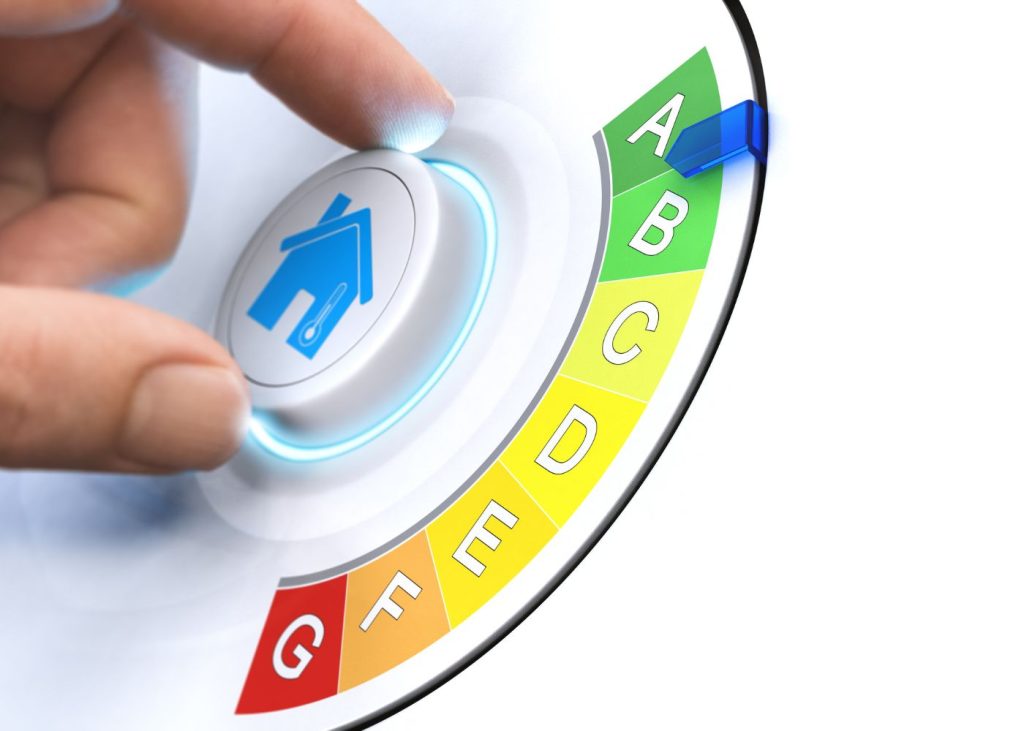The global landscape is witnessing significant changes, with climate change posing challenges such as rising temperatures, altered precipitation patterns, and escalating sea levels. It is imperative to acknowledge the adverse effects on Earth and its inhabitants.
Scientific evidence unequivocally attributes climate change to human activities. While unintended, our actions have contributed to the planet’s degradation, necessitating corrective measures. Fortunately, technological advancements not only enable but facilitate our endeavors to mitigate these impacts. Here’s how smart home installation services play a pivotal role in reducing our carbon footprint.
Efficient Energy Management through Smart Homes
Smart home devices streamline energy conservation efforts for users across diverse demographics. Thermostats, for instance, autonomously regulate indoor temperatures based on occupants’ behavior or allow remote adjustment of heating and cooling systems. Moreover, smart plugs and lightbulbs automatically power down when rooms are unoccupied or electronic devices remain idle. These innovations epitomize effortless energy savings.
Emission Reduction via Smart Traffic Systems
Modern traffic management systems leverage smart technologies to optimize traffic flow, thereby curbing emissions. Sensors embedded in roads detect vehicle presence and traffic density, facilitating adaptive control of traffic signals. This proactive approach minimizes instances of prolonged idling, a significant source of fuel combustion emissions. Innovative strategies like “flex lanes” dynamically adjust traffic direction based on real-time demand, mitigating congestion and associated emissions.
Empowering Consumers with Smart Grids and Meters

Smart grids and meters transcend conventional energy distribution frameworks by providing consumers with real-time insights into their energy usage. By analyzing consumption patterns, individuals are empowered to make informed decisions and consciously reduce their energy footprint. Additionally, smart grid infrastructure employs artificial intelligence to optimize energy distribution, preempting potential disruptions and conserving valuable resources during peak demand periods.
Anticipating Future Advancements
The trajectory of smart technology development promises further opportunities for environmental stewardship. As advancements continue, the scope for leveraging technology to address ecological challenges expands. It is incumbent upon us to capitalize on existing smart solutions to mitigate our carbon footprint. While technology serves as an enabler, proactive human intervention remains essential to effect substantial change.
The adoption of smart home installation services represents a proactive step towards carbon footprint reduction. By harnessing these technologies, we can navigate towards a sustainable future while safeguarding the planet for generations to come. For further information on how to integrate smart home solutions into your lifestyle, please contact us.



